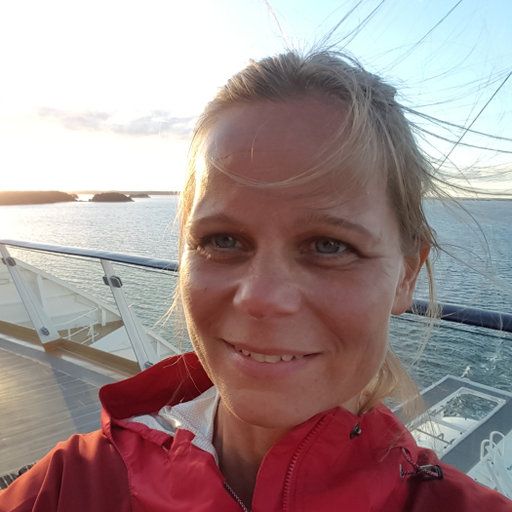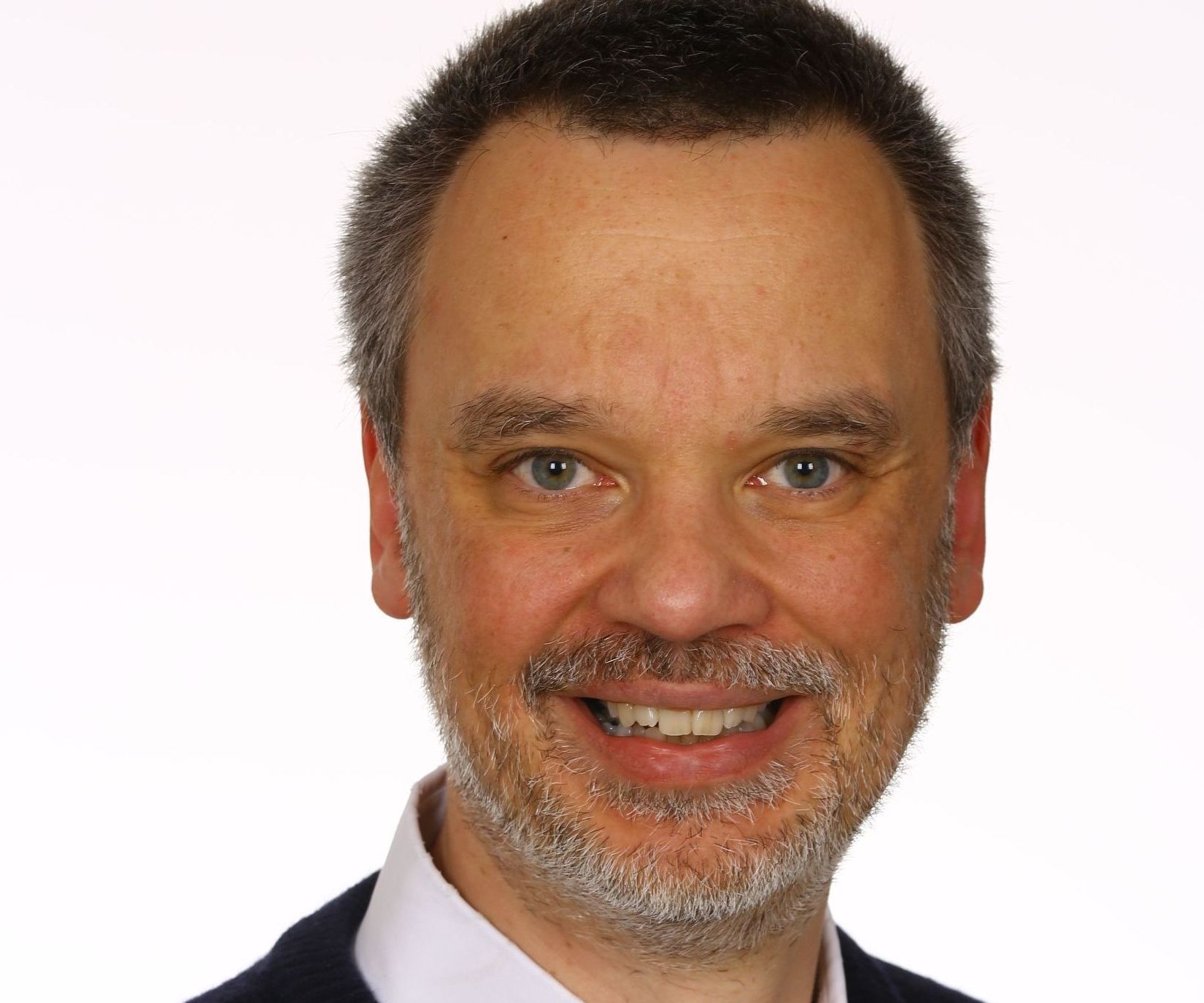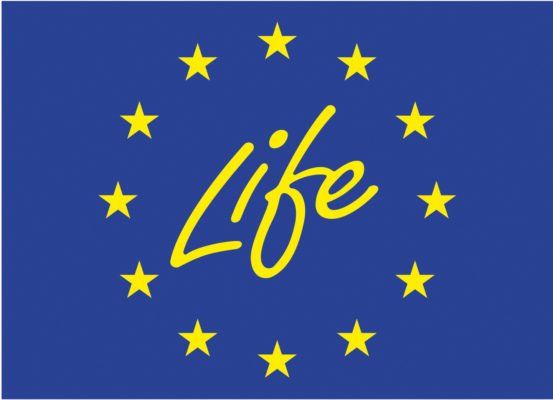Offshore renewable energy (ORE)
in the Baltic Sea
2022-ongoing
We have been working jointly with WWF Baltic Programme (WWF BEP) to steer the discussion in Baltic Member States and provide criteria to be applied during the process for the identification and designation of offshore renewable energy (ORE) and for the deployment and installation of ORE technology.
Photo credit: lstockphoto/t-lorien

GUIDELINES FOR GETTING OFFSHORE WIND
RIGHT FOR NATURE
Due to the global climate crisis, the pressure to reduce fossil fuel energy consumption and to expand renewable energy capacity across the European Union (EU) has increased, following international and EU climate targets. To achieve this,
the Plan
suggests a “massive speed-up and scale-up in renewable energy” increasing the target of the EU energy share from renewable sources from 40% to 45% by 2030. On top of this, the urgent need to become energy independent has moved the energy transition to a high priority level in Europe.
The European Commission has also proposed the new
EU Nature Restoration Law, which aims to restore 20% of EU´s land and sea ecosystems by 2030. In the Baltic Sea Region, an updated plan to
achieve a Good of Environmental Status of the Baltic Sea - called
Baltic Sea Action Plan (BSAP) - was adopted by Ministers of Environment and Senior Government Officials from all Contracting Parties of the Baltic Marine Environment Protection Commission (HELCOM) and the EU Commissioner for Environment in 2021.
These twin ambitions can come into conflict, as all infrastructure has an environmental impact. However, there are opportunities for the offshore wind to go beyond emissions reduction and apply measures that can not only minimise environmental risks but contribute to the enhancement of ecosystems though, guidance is needed.
To help bend the curve on biodiversity loss, we believe offshore renewable energy should be developed in line with principles of environmental and nature protection -
we want offshore renewable energy with nature in mind!
WWF Baltic Programme (WWF BEP) and Coalition Clean Baltic (CCB) have developed guidelines
and a policy brief in a joint effort to steer the discussion in Baltic Member States and provide criteria for the identification and designation of offshore renewable energy (ORE) and for the deployment and installation of ORE technology. With these documents we hope to inform the discussion on, and planning of, the much-needed expansion of offshore renewable energy.
CCB & WWF Offshore Renewable Energy Webinar: MPAs and Restoration - 25 September 2023
The joint "Offshore Renewable Energy Webinar: Marine Protected Areas and Restoration", organized by CCB and WWF Baltic Ecoregion Programme, took place on 25 September 2023.
Previous webinars
WEBINAR LAUNCH - 31 May 2023
This event, organised together with WWF Baltic Programme, focused on how to integrate nature into offshore wind development infrastructure by bringing together the perspectives of wind energy developers, research and NGOs.
Panellists
For more information:
CCB Secretariat: secretariat (at) ccb.se
The ORE in the Baltic Sea work is co-funded by:
Co-funded by the European Union. Views and opinions expressed are however those of the author(s) only and do not necessarily reflect those of the European Union or CINEA. Neither the European Union nor the granting authority can be held responsible for them.
The Swedish Agency for Marine and Water Management co-funded the "CCB & WWF Offshore Renewable Energy Webinar: MPAs and Restoration" held on 25 September 2023 and the CCB WWF Policy Brief.
CCB positions reflected in these materials are not automatically transferred and do not reflect HAVs position on these topics.
We continue to act, do you want to know more?
We work in the entire Baltic Sea region with different projects and programmes.
Click the button below to discover what is going on and how you can help.




